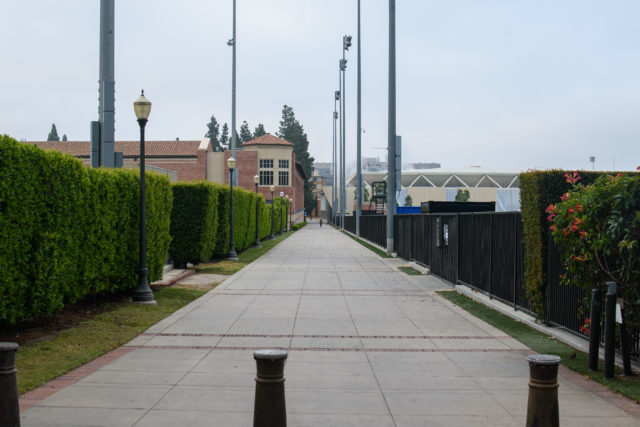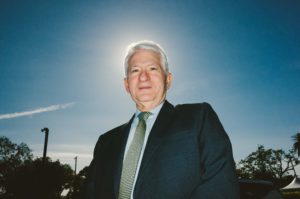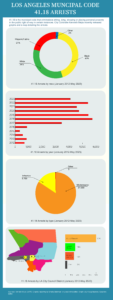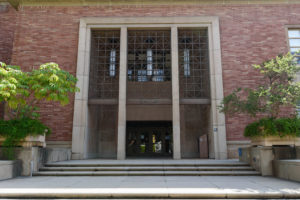UCLA announced the creation of a new Unhoused Task Force on March 20 to explore strategies to address homelessness on campus and in Westwood.
The task force includes administrators, faculty members, members of student governments and a representative of the UCPD, according to a press release. The task force will investigate problems associated with the unhoused crisis around campus and will make policy recommendations to university administrators.
The group is the first of its kind at UCLA to address issues with the nonstudent unhoused population on campus, it said in an emailed statement.
The task force is a great opportunity for researchers and administrators to apply their investigative work in a concrete, effective way, said North Westwood Neighborhood Council member Jacob Wasserman.
“UCLA is a public-serving institution,” he said. “This is a good example of that. Taking research and putting it into practice, not just writing academic articles – although those are certainly valuable – but applying those to the real world.”
Members of the task force were appointed by Administrative Vice Chancellor Michael Beck based on their experiences in relevant areas of study, the group said in an emailed statement. They added in the statement that members of the task force have worked in medical, research and legal fields.
Having various fields of expertise, such as sociology and public health, is essential for finding more comprehensive solutions to the complex issue of how populations experiencing homelessness interact with the wider community, said Tori Prudhomme-Yurochko, the operations manager of the Westwood Village Improvement Association’s street team.
“It’s invaluable because that’s where you get all of your great ideas – from having a diverse group of people,” she said. “Everybody brings their own ideas to the table.”
The group will explore tiered response strategies to help with issues related to the unhoused community, according to the task force’s press release.
Tiered response strategies are alternatives to police intervention when responding to situations with unhoused individuals, said task force member Chris Herring. He added that such alternatives could include the use of community safety officers, social workers or peer responders with lived experiences of being unhoused.
One key priority of the task force should be to address the lack of affordable housing in Los Angeles, Wasserman said, adding that inadequate housing accessibility has led UCLA students and staff to experience homelessness.
The task force is also looking into strategies adopted by other college campuses such as UC Berkeley, which has an on-campus social worker to respond to cases, said Herring, who is also an associate professor of sociology.
Wasserman added that he hopes the task force will advocate for important city policies that support the local unhoused community.
“UCLA is a powerful advocate,” he said. “We have a lot of sway with the state legislature, with city council.”
The task force also plans to incorporate student voices into its research and discussions, including those who have personal experience with being unhoused, Herring said in a follow-up emailed statement.
Bruin Assistance For All, a student organization on campus dedicated to serving the unhoused community, said in an emailed statement that it is aware of the task force and is interested in collaborating with the group.
“We aim to make ourselves useful at any point while our mission aligns,” it said in the statement. “We hope that the task force represents a diversity of thought that cultivates promising solutions for these vulnerable individuals.”
Prudhomme-Yurochko said although the WVIA Street Team does not have any set plans for how they will interact with the task force, she hopes to work with it in the future.
UCLA as a public-serving institution has a duty to the community to involve themselves in exploring possible solutions to homelessness, Herring said.
“We’re charged with the public mission to address and engage with community issues in needs of which homelessness and housing consistently rank as a top issue,” he said. “These are all obvious reasons why the university should be engaged around these issues.”





Comments are closed.